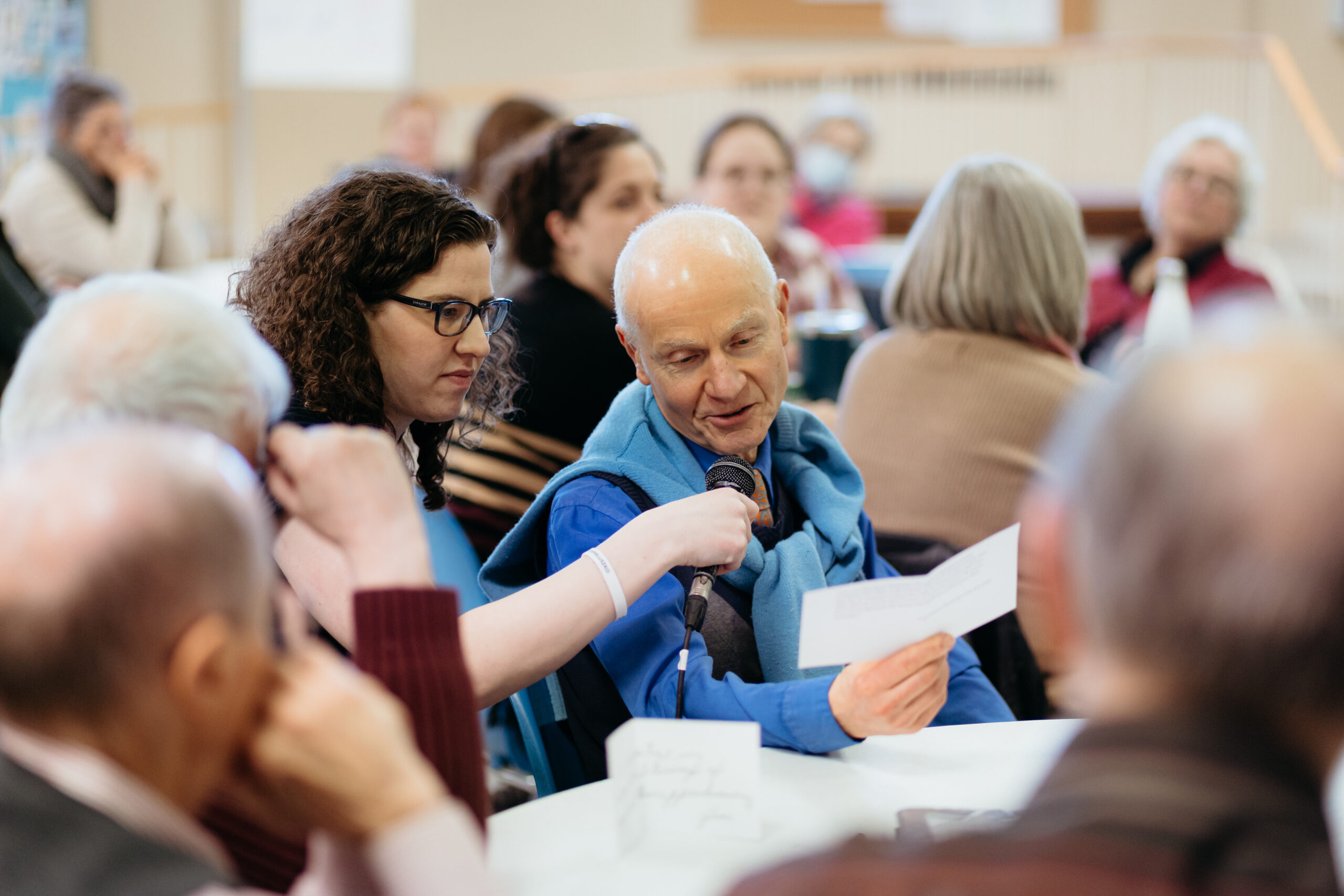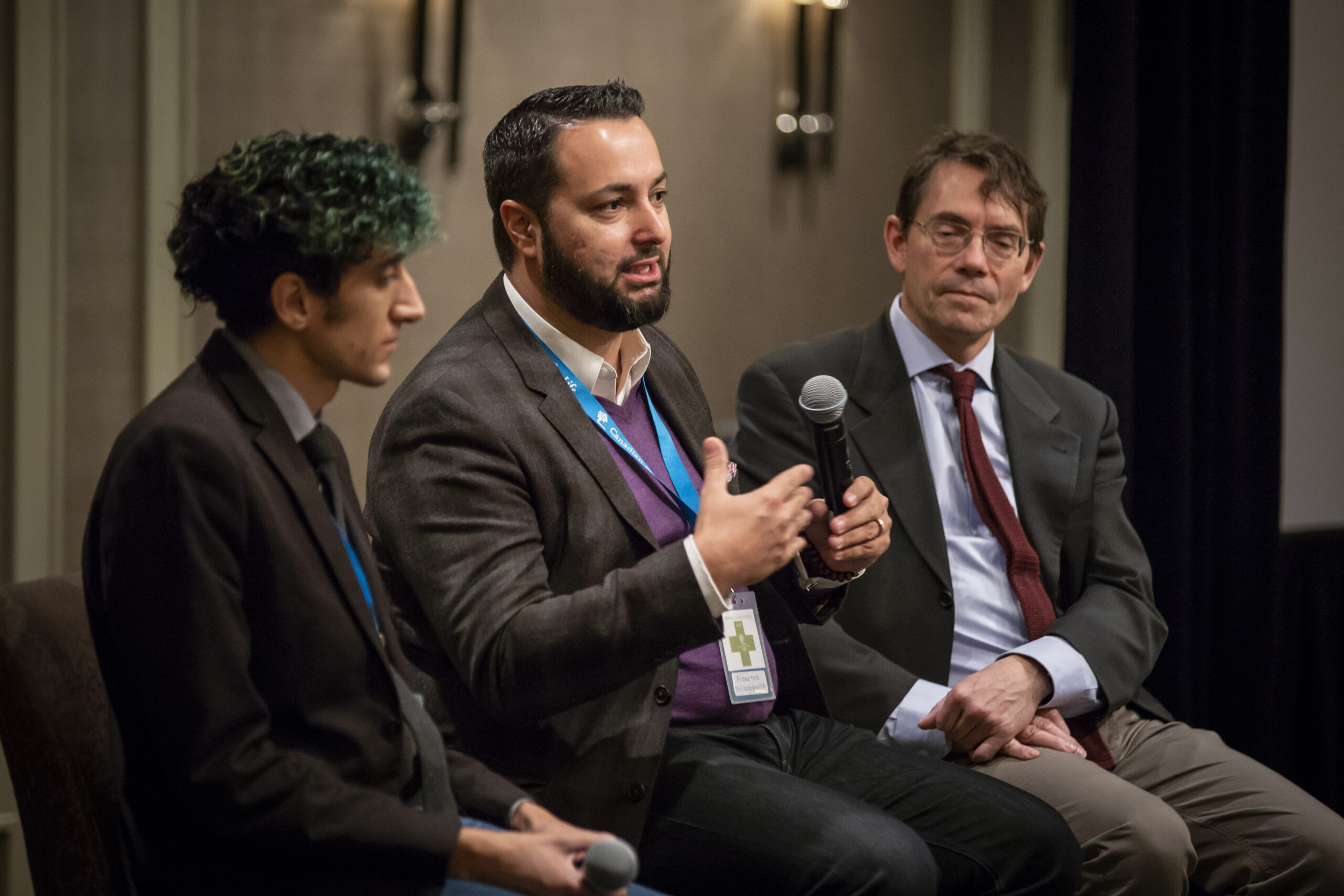
To Treat And Care For The Sick And Dying
A recent article in The Globe & Mail stokes a full-blown demonization of Catholic healthcare institutions for not killing the elderly, sick, and disabled Canadians who ask for it.
The author begins by denigrating the fact that faith-based institutions receive public funding. It’s a rather bizarre denunciation given that the extent to which the Canadian public participate in diverse faith communities.
In his piece, clinical ethicist Eric Mathison refers to euthanasia as “care”, “publicly funded treatment”, “a peaceful death”, and “a medical intervention.”
Of course, euthanasia is neither care nor treatment; it is the direct killing of a patient by a doctor or nurse.
Eric Mathison, a University of Toronto philosophy professor, purports to want to teach morality to Providence Health Care. Employing all of the talking points of Dying with Dignity, he uses the term of “forced transfers” to indicate that faith-based institutions are forcing euthanasia to be outsourced off-site – as if that’s a bad thing.
All of this reminds me of Charles Camosy’s excellent book, Losing Our Dignity: How Secularized Medicine is Undermining Fundamental Human Equality. In the first chapter, he traces the secularization of medical ethics.
There are five quick points that jumped out at me about the longstanding religious history, development, character, and delivery of healthcare that I think too many, like Mathison, either do not know or refuse to acknowledge.
The following five points are excerpted from Camosy’s first chapter:
1. The early Church, unsurprisingly, took its cues from Jesus the Physician and centered much of its ministry on care of the sick and disabled—especially the untouchable sick and disabled discarded by the dominant culture.
2. The Rule of St. Benedict, written in the early fifth century, insisted that “care of the sick is to be placed above and before every other duty.”
3. By the end of the Middle Ages and into the early modern period, well-established orders of Catholic nuns had spread throughout Europe, precursors of what we call nurses today.
4. Catholic health-care facilities deliver about a quarter of health-care services worldwide.
5. Indeed, in Western universities medical ethics first developed as a subdiscipline of Catholic moral theology.
Faith-based institutions are not “forcing” patients to transfer elsewhere to be euthanized; they are refusing to participate in deliberately causing these patients’ deaths.
The authentic mission of healthcare practitioners is to treat and care for the sick and dying. Killing the patient is not part of the program.
Forcing institutions to become killing centres is sure to meet dedicated resistance – by persons of all faiths and of none.
Want to learn how to better defend conscience in healthcare? Make sure you attend our fall conference. Xavier Symons, author of Why Conscience Matters: A Defence of Conscientious Objection in Healthcare will be our opening speaker. Register by the end of July using the discount code SUMMER2023 to secure a 10% reduction in conference fees. See you there!
You Might Also Like
Follow US:




